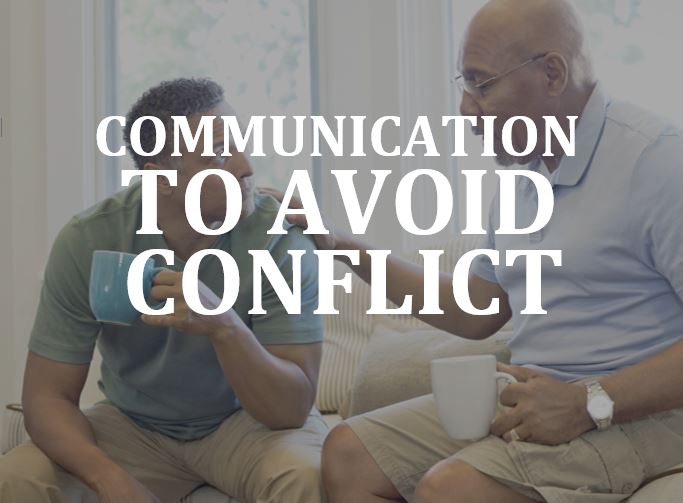
Avoid family conflict over disinheritance by being upfront
There are circumstances in which disinheriting a child may be reasonable, and something that the other family members may support. However, disinheriting children is one of those things that can tear a family apart if it comes as a surprise, revealed only after the parent in question has died.
There are no blanket rules that apply in Canadian courts when it comes to disinheriting a child. Courts will consider the facts of a specific case before deciding whether to side with the child or the estate. But challenging a Will in court can be costly – and, more importantly, can cause division in families that never heals.
However, in our experience, much of this conflict can be avoided if the parent in question has a candid conversation with family members in advance. Even if the disinherited child is not a part of that conversation, including other family members reduces the chance that the ‘surprise’ causes more conflict.
Concerns over undue influence
And one of the biggest concerns when it comes to drafting a Will that expressly disinherits an adult child is ensuring there are no signs of undue influence. It’s crucial to be satisfied that the instructions given to the lawyer are completely voluntary.
Undue influence is the imposition of pressure on a testator from an individual who will in some way benefit from the consequences of the intended action. In disinheritace cases, it may be that one child has pressured an elderly parent to disinherit a sibling. Pressure may also arise between a ‘first’ family and a ‘second’ family, particularly if there are both biological and step-children involved.
Not all influence is undue, of course, but it’s necessary to be on alert and ask the right questions.
Disinheritance isn’t always an attempt to ‘hurt’ the left-out child
A child may be disinherited – or bequeathed a significantly smaller part of the estate – if the parents have given that child more than they have given to the other children while they were alive. Their negligible share in the estate may be an effort to equalize what is given to all siblings. The parents may have paid significant educational expenses, or provided a large house down payment, to one sibling, and may have always intended that they’d ‘make it up’ to other siblings from the estate.
Early, open communication will save everyone a lot of headache later
When serious conflicts arise over the terms of a Will, it’s almost always because the terms of the Will came as a big surprise to the beneficiaries (or the people who thought they’d be beneficiaries, but weren’t).
After death, the opportunity for children (or other family members) to ask questions is gone, which often leads to confusion and anger. And confusion and anger, from a legal perspective, leads to litigation, expense and delays that can drive further wedges into family bonds, while also eating away at the total estate.
No one relishes talking about what will happen after they die, and kids may find it painful to contemplate a time when their parents are no longer around. But navigating some awkwardness while everyone’s still able to speak to each other is invariably less painful than siblings fighting each other following a surprise disinheritance.
